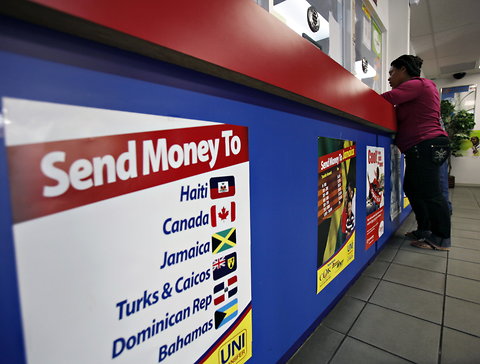MANILA — For more than 30 years, Josetoni Tonnette Acaylar has been singing and playing the piano throughout Asia.
He has provided relaxing background music and taken requests for pop and jazz standards in more five-star hotel lobbies and smoky lounges than he can recall, in Brunei, China, Dubai, Hong Kong and other locales.
In one job in Japan, he was told to take off his tuxedo and work in the kitchen, washing dishes and scrubbing floors. “Sometimes they would pull me out of the kitchen, give me a jacket and yell, ‘Play the piano!’ and I would have to perform,” Mr. Acaylar recalled with a laugh.
Mr. Acaylar is just one of the thousands of musicians from the Philippines who are prominent in bars, lounges and clubs around Asia and the Middle East. But the band used to be much bigger.
In 2002 alone, more than 40,000 entertainers left the Philippines to work overseas, primarily in Japan. After allegations of prostitution among some entertainers, however, the Japanese government found that many of the female musicians could not actually play a musical instrument, and that many of the vocalists did not have much of a voice.
After the crackdown, the number of performers who left the Philippines to work overseas dropped to 4,050 in 2006, from 43,818 in 2004. The figure now hovers around 1,500 to 2,000 a year, government statistics show, with Japan remaining the top destination, followed by Malaysia, South Korea and China.
“We only allow musicians and entertainers to work in legitimate establishments such as cruise ships and major hotels,” said Yolanda E. Paragua, a senior official with the Philippine Overseas Employment Administration. “Not in honky-tonk type places.”
The musicians are among the millions of people from the Philippines who work overseas and help power the country’s economy with remittances. And the Philippine economy is indeed thriving: in 2012, gross domestic product grew 6.6 percent, surpassing the government’s forecast for growth of 5 percent to 6 percent, data released Thursday showed. The country had the second-highest growth rate in the world in 2012, after China, according to Reuters.
Government expenditure in the Philippines jumped nearly 12 percent in 2012, while private spending, which was bolstered by remittances from abroad, was up 6.1 percent, Reuters reported.
In the past, the Philippine Overseas Employment Administration held auditions to verify the legitimacy of musicians seeking to work overseas, said Celso J. Hernandez, the head of the agency’s operations and surveillance division.
After the Japanese crackdown, however, the Philippine government discontinued the practice. These days, the government relies on vetting by licensed recruitment agencies, although it still examines the musicians’ paperwork.
The Philippines has a rich music scene, with bands playing hard rock, reggae, jazz, blues and nearly every other form of music each night in numerous clubs around the country. Musicians in the country, as elsewhere, often dream of writing their own works, signing a deal with a major recording label and achieving fame and fortune. But many of those who do not succeed on that path can still find regular work overseas.
Domingo Mercado Jr., who goes by the stage name Jojo, wrote and performed original music when he left high school, as part of a nine-piece band called Music and Imagination. Some of his friends have had a taste of fame, but he went in another direction.
“I resigned from the band and took a job in Korea,” said Mr. Mercado, 45. “I gave up on my dream.”
Mr. Mercado has performed across Asia as a singer and guitarist since 1994. He recently returned from a six-month job on a cruise ship.
Although singers and musicians from the Philippines can be found performing in many hotel lounges around Asia, the field is actually quite specialized and highly competitive. “A hotel might need many waiters, cooks and housekeepers,” Mr. Hernandez of the overseas employment agency said. “But they only need one or two musicians.”
Article source: http://www.nytimes.com/2013/02/01/business/global/powering-the-philippine-economy-with-elvis-and-zeppelin.html?partner=rss&emc=rss

